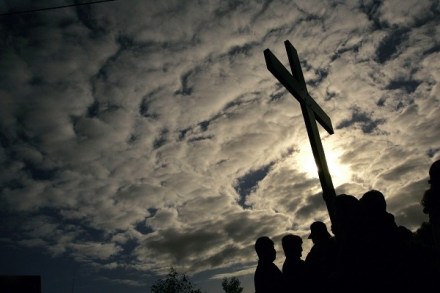The Spoken Word, Irish Poets and Writers – audio book
Here is further evidence that it is disillusioning, more often than not, to encounter close up any artist long admired at a distance. This generalisation applies to actors, musicians, painters and writers of all shapes and sizes, male and female. Coiffure and couture are rarely sufficiently haute; on the other hand, bohemian grooming and costumes are often rather scruffy. In advanced cases, there are dangers of rheumy eyes and bad breath. The Spoken Word, the British Library’s admirable series of compact discs of historic literary recordings of lectures, readings and discussions from the archives of the BBC, audibly reduces icons to curios on an ordinary human scale. The latest discs,
















